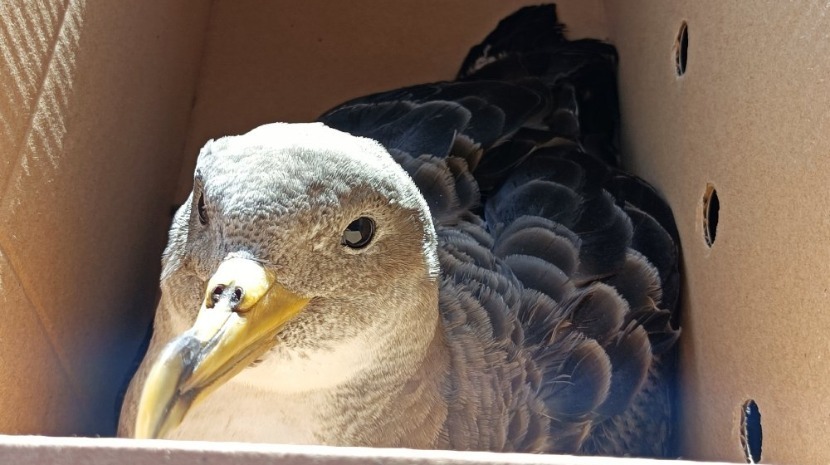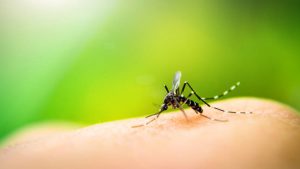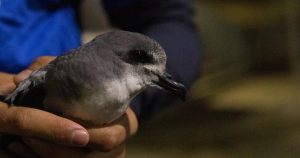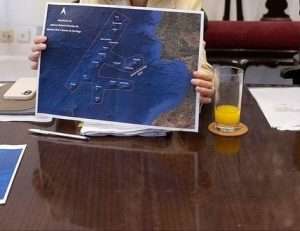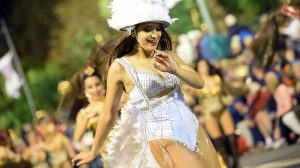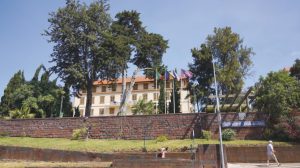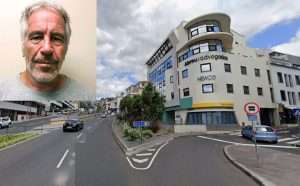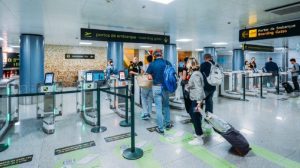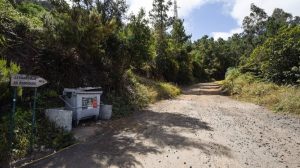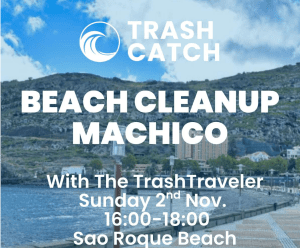The Portuguese Society for the Study of Birds (SPEA) has launched its annual saving seabird challenge, namely juvenile shearwaters who leave their nests and fall in built up areas due to light pollution.
The SPEA team, within the scope of the Save a Seabird Campaign, carries out night patrols between the 23rd of October and the 5th of November in search of disoriented birds, and has the support of everyone for this mission.
“You can contribute with a simple gesture of turning off or dimming the lights in your home or outdoor spaces, as well as volunteering to patrol the streets, looking for shearwaters that may be disoriented or injured. Due to light pollution, which is caused by excess artificial light, these birds, which have their eyes adapted to night vision, become dazzled, and therefore susceptible to crashes into buildings or being run over, or becoming an easy target for predators”, explains SPEA, in a statement.
To minimise the situation, SPEA has been developing, since 2009, awareness campaigns with the local population, always alerting about good practices when encountering one of these birds, also calling for patrolling coastal areas for a faster response to animals that may be in danger, particularly between the 15th of October and the 15th of November, a time when the juvenile Cory’s Shearwaters abandon their nests, heading to the sea.
To study the interaction of these birds with lighting, SPEA is promoting scientific patrol brigades in the two most critical weeks. These patrols will take place in the municipalities covered by the LIFE Natura@night project, from Santana, Machico, Santa Cruz, Funchal, and Câmara de Lobos, with the support of technicians and employees of the aforementioned municipalities, as well as dozens of regional volunteers and others.
So far, it has 37 volunteers enrolled. “We are looking for volunteers who want to join SPEA technicians in carrying out walking routes in search of birds that need our help and we call on municipalities to reduce lighting, especially at this time that is more critical,” reinforces Cátia Gouveia, coordinator of SPEA Madeira and the LIFE Natura@night project. “In the Azores and the Canary Islands, the same efforts will also be made with the support of hundreds of volunteers,” he adds.
Volunteers, in addition to making their contribution to protecting these emblematic birds, will also be able to attend the ringing sessions and collection of biometric data and will receive a diploma of participation in the brigades. To participate, visit the website www.naturaatnight.spea.pt.
SPEA, as an environmental non-governmental organization, depends on the help of volunteers and co-financed projects, such as LIFE Natura@night, in order to achieve the objectives of this campaign, such as raising awareness in the community about the problem of light pollution and its impacts on biodiversity.
“The fight against light pollution has been one of the focuses of SPEA’s action in Madeira in recent decades. This activity is carried out within the scope of the LIFE Natura@night project, co-financed by the LIFE programme of the European Union, coordinated by SPEA, and in which an alliance of 13 partners aims to take a very direct approach to the source of the problem, seeking to implement more efficient, better targeted and more environmentally friendly public lighting. As part of this project, the Funchal City Council, together with the municipalities of Santa Cruz, Machico, Santana, and Câmara de Lobos, is making changes to its public lighting, in order to safeguard the health of nocturnal ecosystems.”
The LIFE Natura@night project is co-financed by the European Union’s LIFE programme, coordinated by SPEA, and has as partners the Municipality of Câmara de Lobos, the Municipality of Funchal, the Municipality of Santa Cruz, the Municipality of Machico, the Municipality of Santana, the Municipality of Santa Cruz da Graciosa, the Regional Directorate for Maritime Policies, the Institute of Forests and Nature Conservation, the Institute of Astrophysics of the Canary Islands, the Technological Institute of the Canary Islands, ALARED, Fluxo de Luz and the Spanish Society of Ornithology.
Samantha Gannon
info at madeira-weekly.com
Photo: JM
Views: 2

